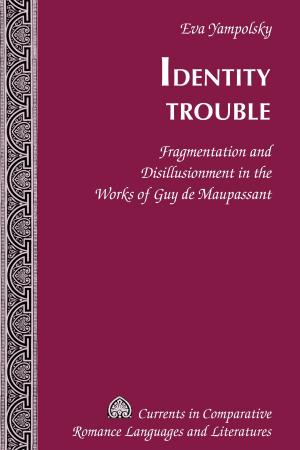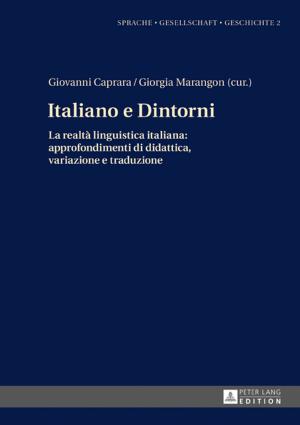Knowledge, Action, Pluralism
Contemporary Perspectives in Philosophy of Religion
Nonfiction, Religion & Spirituality, Philosophy, Modern, Metaphysics| Author: | ISBN: | 9783653999280 | |
| Publisher: | Peter Lang | Publication: | February 11, 2014 |
| Imprint: | Peter Lang GmbH, Internationaler Verlag der Wissenschaften | Language: | English |
| Author: | |
| ISBN: | 9783653999280 |
| Publisher: | Peter Lang |
| Publication: | February 11, 2014 |
| Imprint: | Peter Lang GmbH, Internationaler Verlag der Wissenschaften |
| Language: | English |
In this book, an international team of scholars from leading American, British and Continental European universities, led by Richard Swinburne, Eleonore Stump, William Wainwright and Linda Zagzebski, presents original ideas about three currently discussed topics in the philosophy of religion: religious epistemology, the philosophy of God’s action in the world, including the problem of evil and Divine Providence, and the philosophical challenge of religious diversity. The book contains echoes of all four main strands of the late 20th century philosophy of religion: Richard Swinburne’s philosophical theology, Alvin Plantinga’s reformed epistemology, John Hick’s theory of religious pluralism, and the philosophy of religion inspired by the work of the later Wittgenstein. One of the distinguishing features of this volume is that it mirrors a new trend towards philosophical cooperation across the so-called continental/analytic divide.
In this book, an international team of scholars from leading American, British and Continental European universities, led by Richard Swinburne, Eleonore Stump, William Wainwright and Linda Zagzebski, presents original ideas about three currently discussed topics in the philosophy of religion: religious epistemology, the philosophy of God’s action in the world, including the problem of evil and Divine Providence, and the philosophical challenge of religious diversity. The book contains echoes of all four main strands of the late 20th century philosophy of religion: Richard Swinburne’s philosophical theology, Alvin Plantinga’s reformed epistemology, John Hick’s theory of religious pluralism, and the philosophy of religion inspired by the work of the later Wittgenstein. One of the distinguishing features of this volume is that it mirrors a new trend towards philosophical cooperation across the so-called continental/analytic divide.















